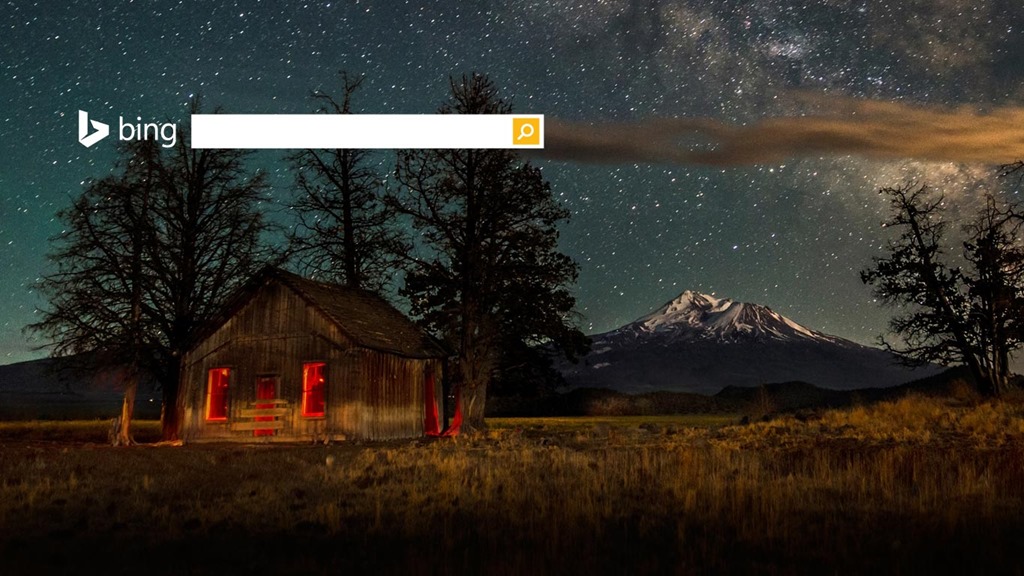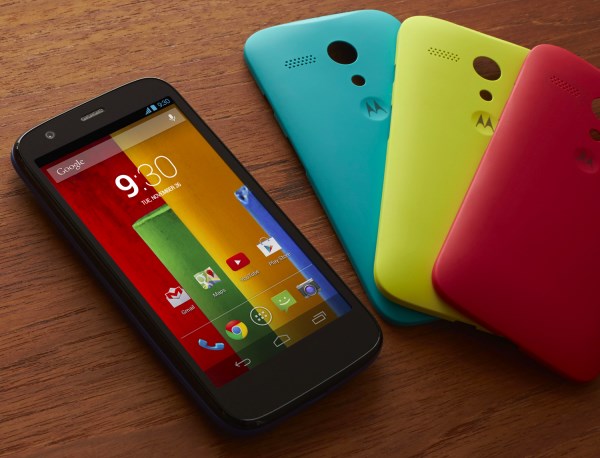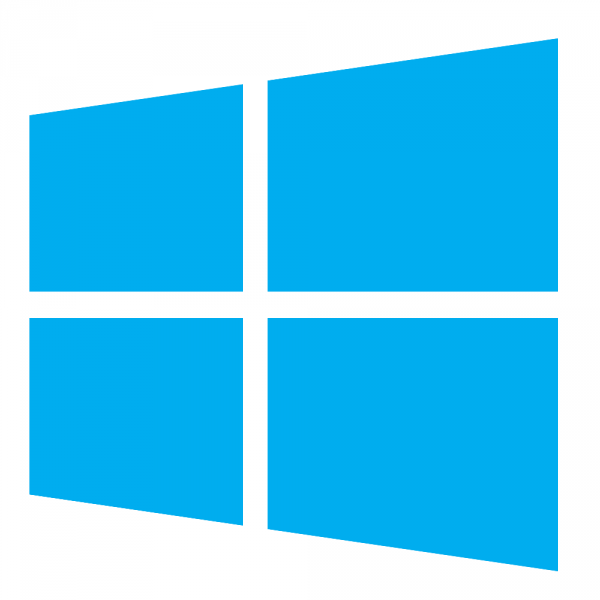
The top 10 most pirated movies of 2013
Movies are very important to me and to society overall. Seeing popular films gives the moviegoer a shared experience with other members of the community. This in turn allows you to understand references to the film in jokes and documentaries. For example, if you've never seen a film such as Star Wars, you would not understand the Family Guy and Robot Chicken parodies of it.
Sadly, for many people, a trip to the movie theater is not achievable due to extremely high prices. Where I live, New York, a couple going on a date to the movies can easily spend over $30.00 when drinks and snacks are factored in. Those same people may not be able to afford the premium movie channels. I am one of these people -- I typically wait years for a film to hit FX, USA or something similar, so I can see it in all its censored, commercial-riddled glory. The alternative is movie piracy -- something I do not condone nor take part of, for more reasons than one.

The collapse of the internet and other things to look forward to in 2014
It's inevitable that at this time of year tech companies and analysts like to try to grab headlines with their predictions for the coming 12 months. Security specialist Kaspersky Lab is no exception, and guaranteed to make waves is its forecast of the collapse of the internet as we know it.
This, it says, will be driven by pressure to break the web up into national segments. So far this has only applied to counties like China with its Great Firewall, but other nations including Russia have planned legislation to prohibit the use of foreign services. In November, Germany announced that all communications between the German authorities would be fully locked within the country. Brazil too has announced its plans to build an alternative internet channel so as not to use the one that goes through Florida.

Tablet activations surge over Christmas, but it's not all good news
Unsurprisingly tablets proved to be a very popular gift this Christmas. According to mobile measurement firm Flurry, device activations were up by 63 percent on Christmas day, compared to any other average day in December.
Flurry’s activation figures cover Amazon, Apple, Acer, and Samsung and reveal an interesting trend. While all four tech firms enjoyed a major bump on the day, activations were much lower this year than in the previous two years.

Happy Birthday Linus Torvalds! How's that Linux thing doing?
As 2013 crawls towards the finish line, we can reflect on Christmas, the gifts we gave and received and for some people, the birth of Jesus. However, December contains another significant birthday, belonging to Linus Torvalds. Yes, the father of Linux was born this month.
His birthday is a great time to thank the man for his contributions. However, it also marks an appropriate time to reflect on the state of Linux. Was 2013 a good or bad year for the kernel?

Surprise, surprise! Federal judge says NSA's mass surveillance is legal
The NSA's indiscriminate collection of telephone data has been ruled as legal by a federal judge in New York. Judge William Pauley ruled that the National Security Agency's activities do not violate the constitution. Just last week, another federal judge suggested that the collection of phone records was likely to violate the US constitution and a White House review panel has already recommended that President Obama stops the NSA in its tracks.
The American Civil Liberties Union (ACLU) had brought a case to court challenging the NSA program, but Judge Pauley's ruling put an end to this. It looks like there could be something of a battle ahead, and the latest ruling opens up the possibility that the matter will be settled by the US Supreme Court. Referring to the fourth amendment, Judge Pauley said that whether it "protects bulk telephony metadata is ultimately a question of reasonableness."

Rdio killed the Vdio star
Despite its success in the music streaming business, Rdio has learned that video is a different ball game when it comes to providing service. The subsidiary was launched back in April of this year, making a stab at competing with big name players like Netflix, Amazon and Redbox.
It was a tough sell, and today the company posted a brief, but to the point, message on the site -- "despite our efforts, we were not able to deliver the differentiated customer experience we had hoped for. We want to thank all customers who have tried our service".

My favorite tech products of 2013 [Wayne]
Yesterday my colleague Mihaita Bamburic presented his list of the year’s top tech products, which included some obvious big choices, most notably Windows 8.1, iPad Air, Surface 2 and the Xbox One.
My list could easily be a carbon copy of his, after all the biggest tech products are hits for a reason, and despite not being a fan of Windows 8, I really like its successor, and would happily own both the iPad Air and Surface 2 if funds allowed. But I wanted to approach my selection slightly differently by avoiding products which featured on Mihaita’s list, and focusing on items I’ve bought (or been sent) and have used extensively. These are the tech products I’ve really appreciated the most this year.

My favorite tech products of 2013 [Mihaita]
Since the beginning of 2013 and until late-December, countless new tech products have tried to outdo their predecessors and the competition, and woo potential buyers, with more features than before (some of them gimmicky, some of them useful), distinct form factors, lower price-tags, wider ranges of color options (like the Lumia series and, later in 2013, the iPhone 5c) and any differentiating factor that can make you say "I'll buy it".
Needless to say, there have been quite a few disappointing new products launched throughout 2013. Going back to CES, we can take a look at some of the best examples of "what were they thinking", starting with a potty that tries to leverage iPad apps to teach your young child how to use one properly. But, at the same time, there are some tech products that were also launched in 2013, and have managed to stand out (in a good way). In this article I will walk you through my favorite ones.

Brighten up your PC with the best Bing homepages of 2013
Bing is a decent search engine, and the daily images that adorn its homepage are always worth a look. Late last week the Bing team announced the ten most popular homepage images for 2013, which includes an aerial view of Gardens by the Bay and the Super Trees in Singapore City, a night shot of Mount Shasta in California, a mangrove seen from underwater in the Seychelles, and Lulworth Cove along the Jurassic Coast, in England. As well as showing off the pictures, the Bing team provides a link so you can download them for use as desktop wallpaper.
If you’d prefer to have the images cycling in a screensaver, the Bing team has now made that possible too, in the form of a new 13MB "Wallpaper & Screensaver" Pack.

The continued existence of The Pirate Bay provides comfort in troubled internet times
The other day I chronicled the strange journey of The Pirate Bay, a BitTorrent site that is notorious for finding less-than-legal software, movies, TV shows, music…you name it. Sure, it’s wrong to steal content, no matter how you justify it -- people deserve to be paid for their work. After all, I don’t work for free, I fully expect to be compensated for my efforts. I have a wife and kids to provide for. I would guess you also do not labor for free.
However, that piece about the many domains the service has recently occupied, combined with something my colleague Mark Wilson brought up about the ridiculous porn filtering in the UK, got me thinking.

Motorola rolls out Android 4.4.2 KitKat for Moto G
Christmas comes early this year for Moto G users. Motorola has announced that Android 4.4.2 KitKat is now rolling out for its entry-level smartphone, in less than two months after parent company Google launched the latest version of the popular mobile operating system.
The Android 4.4.2 KitKat update is rolling out to Moto G smartphones that were purchased in the US, from Amazon and Motorola's online shop. It is expected to arrive in other markets, and at mobile operator versions, "soon".

Need to switch to a different Office 365 plan? Now you can!
One of the problems facing an organization investing in subscription software is determining what package to opt for. It makes sense to keep things as cheap as possible and plump for the lowest priced package, but what happens when your business expands and your needs grow? Microsoft is looking to make things a little easier for Small Business users who find that their needs change over time, making it possible to easily jump to the Midsize or Enterprise plans.
The Switch Plans program also makes it possible for Midsize Business subscribers to switch to an Enterprise plan. This is a great option for businesses whose employee numbers swell faster than expected, or for those who discover that they need access to additional features and options that are not available on the plan they originally chose.

Time is running out: How to upgrade from Windows 8.1 Preview
The finished version of Windows 8.1 has been out for a couple of months now, but if you’re still using the free preview build, time is running out. Windows 8.1 Preview and Windows RT 8.1 Preview are both set to expire on January 15.
Upgrading from the preview to the final GA release is very easy, and there are a couple of ways of doing it.

What tech toys do you want to find under the tree this year?
The holiday shopping season is well underway -- getting on towards the finish line actually. That said, there is still time to grab a few last-minute gifts and beg for the ones you wish to remove the bow from. And that is the question I now pose to you -- what tech toys are you harboring hopes for this time around?
I cannot, of course, read your mind, and likely not sway opinions, though I do plan to give you some unsolicited ideas on what I found to my liking in 2013.

Apple marketing magic is back!
Well, frak me. I'm writing something about Chromebook and early this morning swung by Apple's website to double-check iPad Air pricing. There's a 1:30-long commercial donning the front door that is absolutely fabulous. Beat me with a stick, so I can wake up because this must be a dream. Apple has got back its marketing mojo.
Commercial "Misunderstood" is self-depricating in the most surprising way -- a teenager obsesses over his iPhone instead of jollying with the family for the holidays. It's all so terribly stereotypical, and watching you have to wonder what insanity has taken over Apple marketers. But there's a great, sentimental story here which I won't explain. Watch the commercial and judge for yourself.
